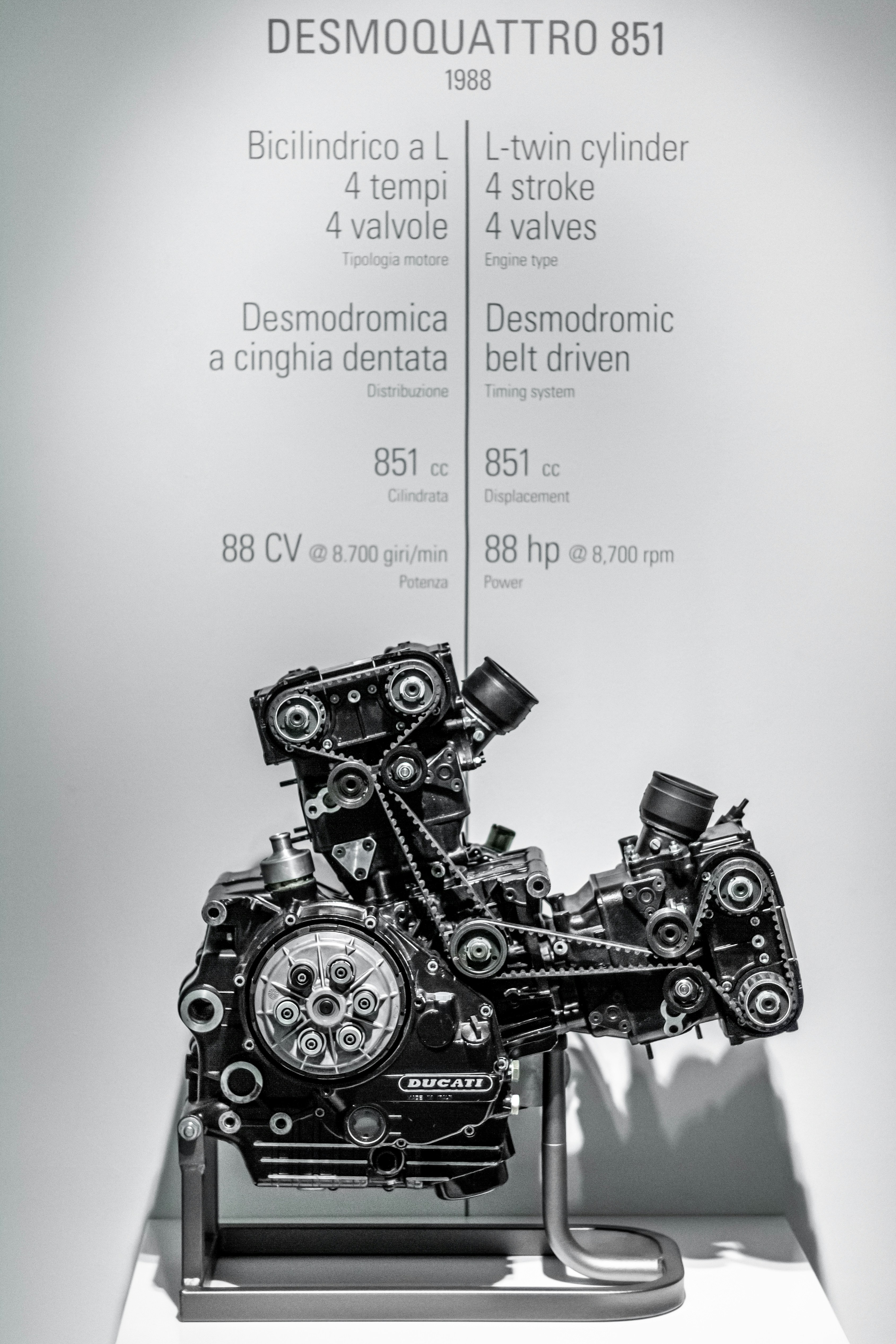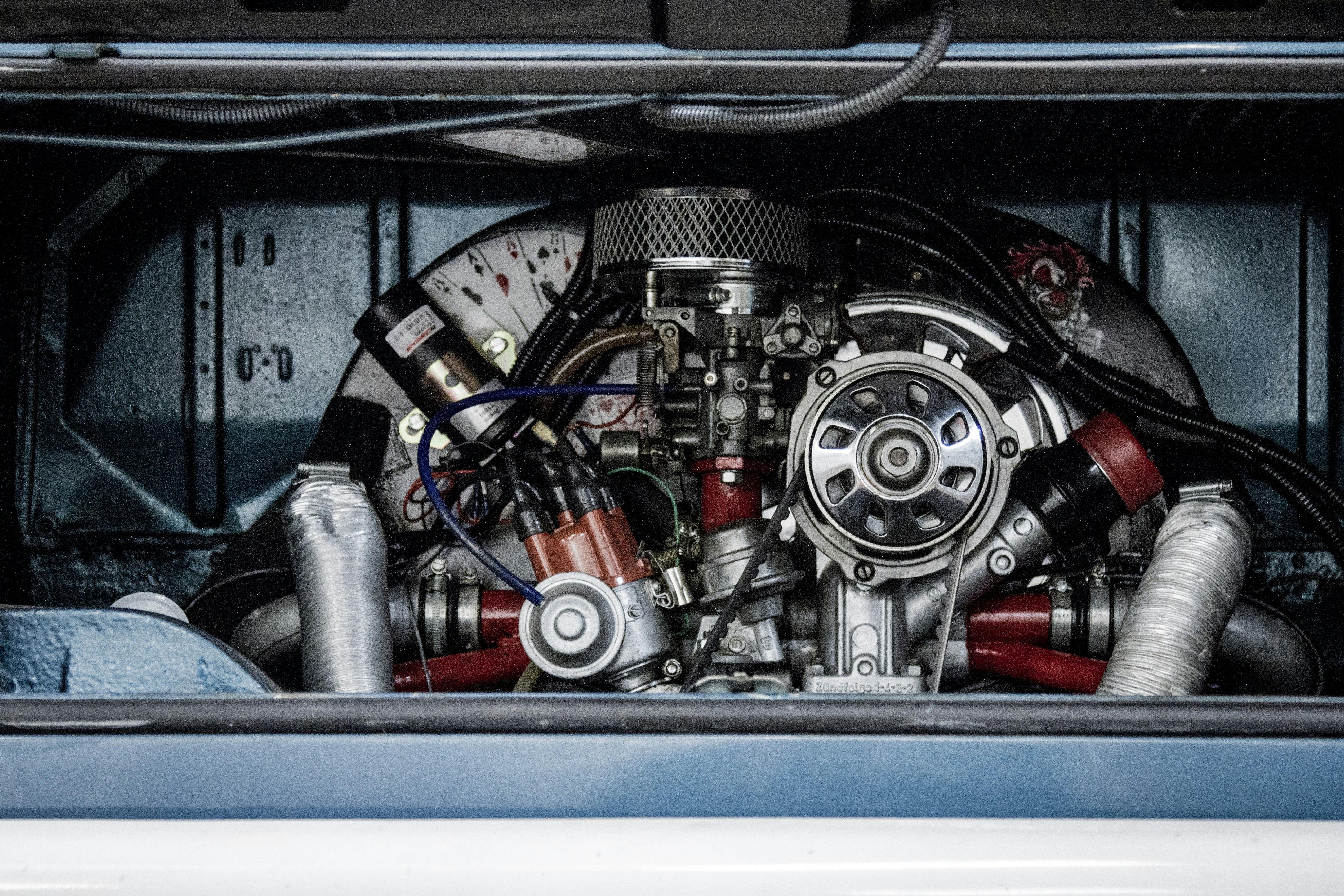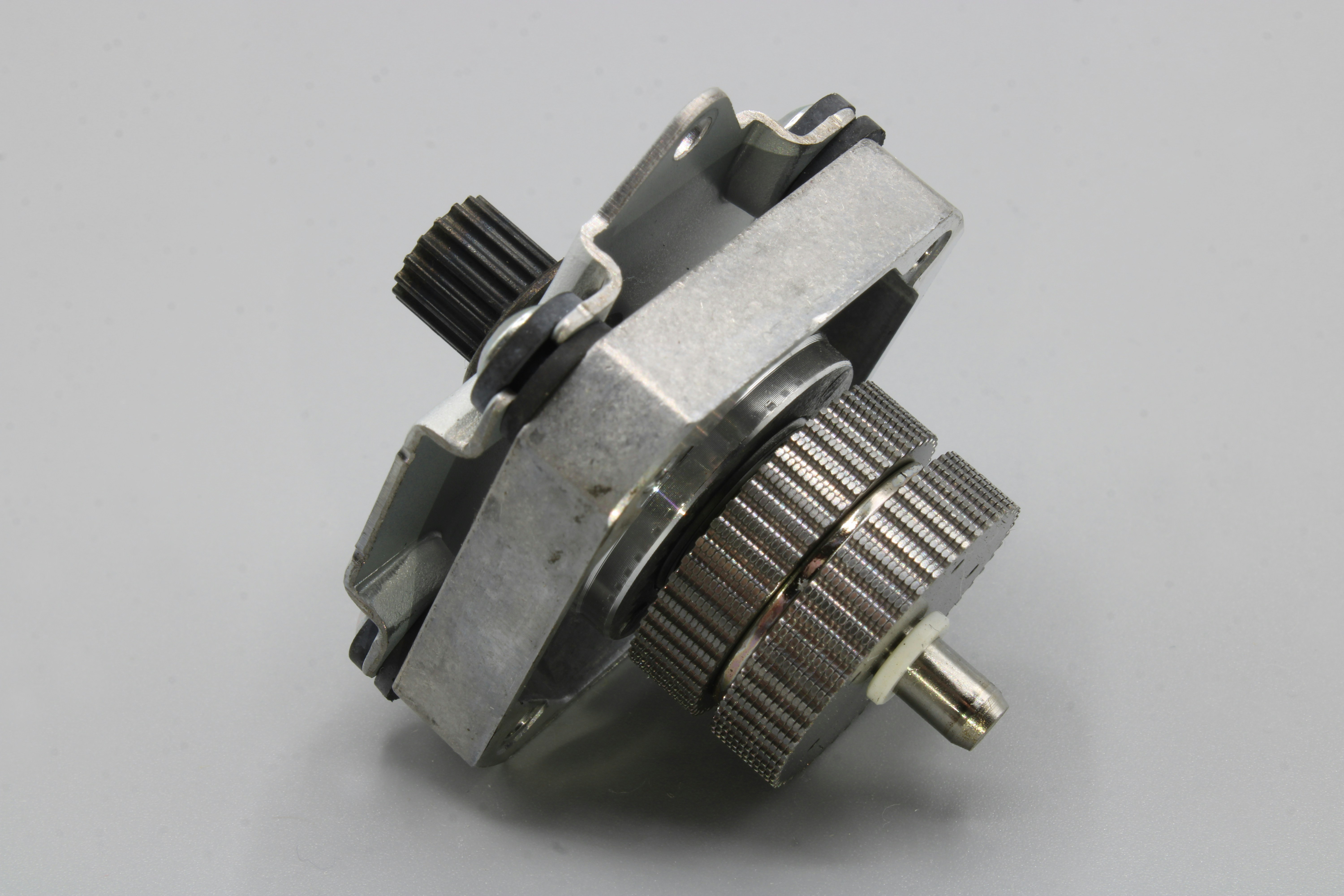Common Electric Motor Problems and How to Fix Them
Electric motors are remarkably reliable, but like any mechanical device, they can develop issues over time. Understanding common problems and knowing how to fix them can help reduce downtime and repair costs.
🔍 1. Overheating
🔧 Problem:
Overheating is one of the most common motor failures. It can cause insulation damage, loss of efficiency, and eventual burnout.
🛠 Causes:
- Overloading
- Poor ventilation
- High ambient temperature
- Dirty or blocked cooling fans
- Low voltage or phase imbalance
✅ Fix:
- Reduce the load or duty cycle
- Ensure proper ventilation and clean cooling fans
- Check voltage levels and balance
- Use thermal protection devices (e.g., thermistors)
🔍 2. Bearing Failure
🔧 Problem:
Bearings are essential for smooth rotation. Failure leads to increased friction, noise, and eventual shaft misalignment.
🛠 Causes:
- Lack of lubrication
- Contamination (dust, water)
- Misalignment
- Shaft current from VFDs
✅ Fix:
- Regularly lubricate bearings
- Use sealed or shielded bearings
- Ensure shaft alignment
- Install shaft grounding devices
🔍 3. Worn Brushes (in Brushed DC Motors)
🔧 Problem:
Carbon brushes wear out over time, causing poor commutation, sparking, and reduced performance.
🛠 Causes:
- Friction over time
- Poor brush quality
- Excessive load
✅ Fix:
- Inspect and replace brushes when worn to 1/3 original length
- Use manufacturer-recommended replacements
- Smooth commutator before installing new brushes
🔍 4. Vibration and Noise
🔧 Problem:
Unusual motor noise or vibration can indicate internal damage or mounting issues.
🛠 Causes:
- Loose mounting bolts
- Misaligned shafts
- Worn bearings
- Rotor imbalance
✅ Fix:
- Tighten all bolts and mounts
- Rebalance rotor if needed
- Use vibration dampening mounts
🔍 5. Low Starting Torque
🔧 Problem:
Motor struggles to start or takes too long to reach full speed.
🛠 Causes:
- Incorrect motor for the application
- Defective capacitor (in single-phase motors)
- Voltage drop or low supply
✅ Fix:
- Check and replace capacitor
- Upgrade to a higher torque motor
- Improve power supply quality
🔍 6. Electrical Noise and Interference
🔧 Problem:
Interference with nearby electronics or erratic motor behavior.
🛠 Causes:
- Faulty grounding
- EMI from VFDs
- Poor shielding
✅ Fix:
- Use shielded cables
- Properly ground the motor and drive
- Add EMI filters
🧪 Testing and Diagnosis Tools
- Multimeter : To check resistance, continuity, and voltage
- Clamp meter : For current draw measurement
- Megohmmeter : For insulation resistance
- Vibration meter : For detecting bearing issues
- Thermal camera : For spotting overheating zones
🔁 Preventive Maintenance Tips
- Inspect monthly : Look for wear, dust buildup, loose wires
- Lubricate regularly : Especially in harsh environments
- Keep clean : Remove dust and debris from fans and vents
- Log performance : Record temperature, vibration, voltage
🧾 Conclusion
Electric motor problems can escalate quickly if left unchecked. By identifying the symptoms early and applying appropriate fixes, you can avoid costly breakdowns. Regular preventive maintenance and proper motor selection are key to ensuring long-term performance and safety.
In future articles, we’ll explore more advanced repairs and how to choose the right motor for your needs.


